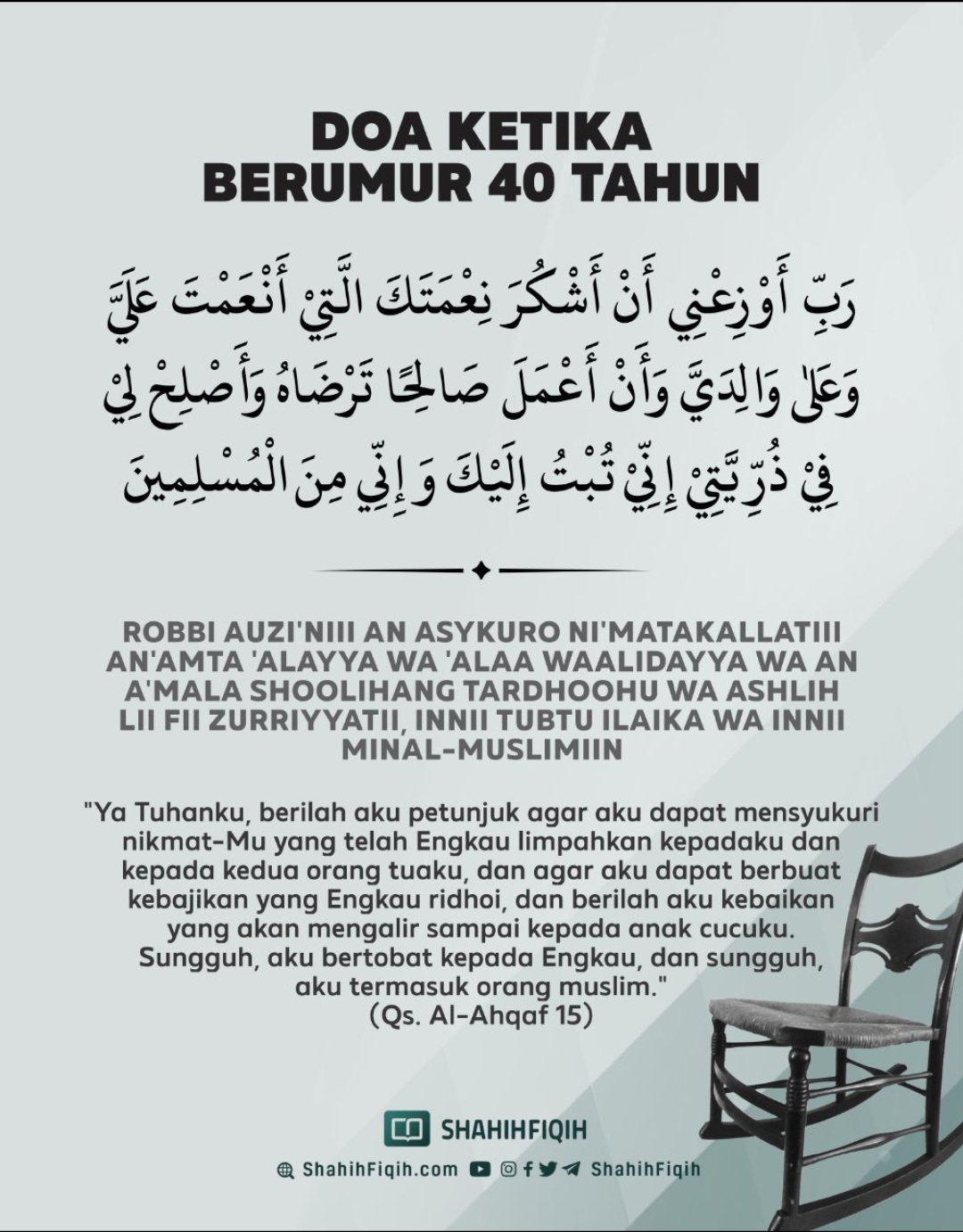I had a tuition class last Friday (28 October 2022). We had a revision of two essays since the students would start their trial on Sunday (30 October 2022). Some of them requested that I explained more about the written comments that I wrote in their exercise books. The last essay that they wrote was about bullying. Some wrote about the effects of bullying yada yada yada but out of the blue, one student asked me about self-esteem and bullying. I shared with them about research findings about bullying, self-esteem etc.
I explained to them that while it was always believed that bullies have low self-esteem, recent research by a large number of researchers revealed that this was not always the case. Some of them have high self-esteem. In this case, we should look at bullies as cases in which not all of them necessarily have similar level of self-esteem. We cannot generalize and regard bullies as one category.
Going back to our discussion about the essay, I used Socratic questions to prompt them to think more about themselves. The questions were: “What do you think about your own self-esteem?”, “How do you perceive or define your self?”, “Why do you define your self as smart or stupid (I just gave few examples)?”. The students just looked at me when I asked them those questions. One of them asked me “Kenapa Teacher tanya soalan macam ni kat kita?” (Translation: Why do you ask us these questions?”)
I informed them that I wanted them to ponder the questions and their answers. They do not need to give me the answers but I want them to think those questions. Those questions have never or very rarely been asked to them by others. One student, a male, made some notes in his notebook. After writing the questions in his notebook, he just remained silent, staring at the page. I asked him “What are you thinking?” He replied “Susah juga nak jawab soalan ni, Teacher” [Translation: It is difficult to answer these questions”]
One of the girls whispered to her friend who was sitting besides her while giggling “Teacher ni psycho“. I caught her red handed and I gave her the stare. She quickly apologized. It is inappropriate to refer to someone as a psycho, I informed her. The word psycho might be perceived as derogatory. When someone is referred to be a psycho with malice, it signifies that we believe they have a psychological disorder.
Another student inquired as to whether cutting one’s arms indicates the presence of a psychological condition. Why did she ask that, I questioned. She informed me that some students engage in such behaviour. When she questioned them about it, they said that they were stressed out. Cutting one’s arms is no longer suicide ideation. It is already an act.
I was speechless. It is alarming. There is a red flag that I could not ignore. I told the teachers who were there. We had a quick meeting after that. I realise that I am just an outsider. My hands are tight. But we can work things out, In sha Allah.
